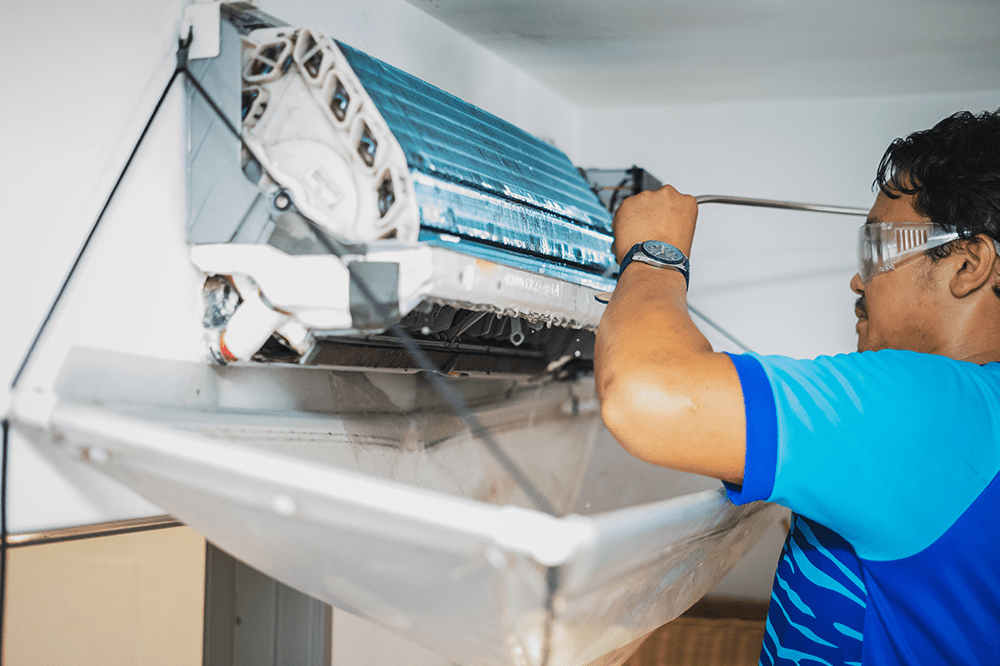Should You Replace or Repair Your AC Unit? Part II
In last month’s article, we discussed a few ways to know whether or not you should replace or repair your air conditioning unit. We mentioned the unit’s age, the costs associated with the repair, and the refrigerants used in older AC units.
We will be going over the other things to consider when debating whether to repair or replace your AC unit. There is a multitude of reasons why you may want to consider replacing or repairing an air conditioning unit. Hopefully, this guide has helped.
How Long You’ll be Living There
If you have an older unit, unless there has been a major failure or the repairs are excessive, replacing it may not be the right option if you are planning to move in a few years. Beware, however, that if it’s an older unit and hasn’t been maintained properly when it comes time to sell, the buyer may ask for a price reduction because of this.
If you don’t plan on selling soon, having the peace of mind a new unit will bring and a new warranty may be enough reason for a replacement.
Energy Bill Costs
It doesn’t matter how well you may have maintained an older AC unit, it will always be less efficient than a more modern option. All air conditioning units will have a rating from SEER to measure their energy efficiency. In the 1990s, AC units required a SEER rating of at least 10, followed by a change to 15 in 2006. It was moved up again in 2015 to 14 and modern systems typically have a SEER rating of 20 or above.
A poorly sized unit, an incorrect amount of refrigerant, or old worn electrical parts can also impact an AC unit’s efficiency. If you see the cost of your energy bills sneaking up higher – purchasing a new unit will be the more efficient and worthwhile investment long-term.
Aesthetic Considerations
If you are having your home redecorated, you may think having a rusted, old-looking unit is too much of an eye sore to keep–regardless of how well it runs.
Typical Costs Associated with a Replace or Repair job
The costs to repair or even replace smaller parts may be less than a few hundred while larger parts are typically more expensive to replace. Complex jobs are more labor-intensive and tend to be more expensive as well.
Detecting and repairing a refrigerant leak, for example, can vary from costing less than $200 or ending up being a complex job and costing over $1,000. The cost to replace a TXV valve in an AC unit usually ranges between $100 to $700.
Some parts are expensive, like a compressor, the evaporator (indoor coil), and the condenser (outdoor coil). If any of these need to be replaced, the costs can easily be over $1,000. With an older system, this type of repair may have you thinking about replacing your AC unit.
The average cost to replace an AC unit is $5,000, depending on its energy efficiency, size, and the complexity of the function, it can vary from $3,000 to $10,000.
What’s Next?
Now that you have all of the information, what’s next is calling us to assess your AC unit, then it’s weighing the cost of any repairs needed with the unit’s age and efficiency versus if you want to go through the process of getting a new unit.
